GameCompanies.com
Powered by GC Insider
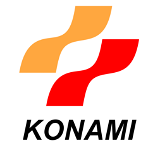


Konami is a Japanese game company, maker of series such as Silent Hill, Metal Gear Solid & Castlevania.
Konami was originally founded in 1969. In 1973, Konami Industry Co. , Ltd was established and the company began to focus on amusement machines, such as jukeboxes, for the Japanese market. In 2005, Konami, which now also is in the real estate, health club, and gambling (pachinko) machine business, spun its video game interests out to a new subsidiary known as Konami Digital Entertainment, a name formerly used to denote Konami's US-based operations and some of its additional development studio locations.
The company has been responsible for numerous iconic franchises, many of which got their start in arcades or during the 8-bit console era. The company also controls the intellectual property of Hudson following a 2011 merger of the two companies.
Hits of the 1980s
Konami would begin creating arcade games in 1978, but the company's first worldwide hits would not come until 1981, when the company released Frogger and Scramble. Gradius would follow in 1985, establishing one of the company's first long-running franchises. 1987's Contra would do well in arcades, but it, along with Gradius, would do more for the Konami name at home, on Nintendo's NES.
Though its NES output would eventually be viewed as legendary, Konami's home computer and console output began as a mix of licesning deals, where companies like Sega and Parker Brothers would produce and release versions of games like Frogger for North American homes, and the company's own publishing, which was largely focused on the MSX as of 1983.
In 1985, the company would begin developing and publishing NES games, starting with simple arcade ports of games like Track & Field, Road Fighter, and Pooyan. In 1986, the company would release Gradius, the first example of the "Konami Code," a secret code used in a variety of games over the years to achieve various effects. Castlevania was also released in the same year, and the franchise would go on to spawn dozens of games in the years to come. Contra would be released the following year, as would versions of Metal Gear for both the MSX and the NES. Though it did well at the time and spawned a sequel on the MSX, few could have predicted the eventual impact that the Metal Gear franchise would have on the medium.
Hits of the 1990s
The front half of the 1990s and the transition to 16-bit platforms would see Konami moving further into console development, tending to prefer development on the SNES over the Genesis or the fast-fading MSX. The company would also keep an eye on arcade development with a particular focus on side-scrolling brawlers with big licenses, like Teenage Mutant Ninja Turtles and The Simpsons.
The transition to optical disc storage over cartridges led to games like Snatcher on the Sega CD, though the company would stay mostly on cartridges until the release of the Saturn and PlayStation. The company would dive deep into PlayStation development, leading to early games like Suikoden and Castlevania: Symphony of the Night, a game that would come to serve as the blueprint for non-linear side-scrollers in the years to come.
In 1997, Konami released Beatmania, a piano-focused rhythm game that also served as the start of the Bemani franchise. Dance Dance Revolution followed a year later, establishing a new beachhead for popular arcade releases from the company. The franchise would eventually become quite popular as a home release, despite requiring players to shell out for expensive dance mats.
Hideo Kojima is known for his often political action-thrillers developed under Konami.
Metal Gear Solid launched in 1998. This release exposed a new generation of players to the long-dormant Metal Gear franchise and established it, as well as series creator Hideo Kojima, as some of modern video gaming's biggest names.
With Dance Dance Revolution and Metal Gear Solid under its belt and other games like Silent Hill backing them up, Konami would enter the 2000s on a new creative peak, having successfully transitioned from the arcade hits like Contra and Frogger into bigger, more modern fare. The company would develop huge sequels to Metal Gear Solid while the successors to Castlevania would go on to become popular handheld releases. The Bemani franchise would go on strong, expanding to include guitars and drums, inspiring Guitar Hero and a new generation of North American rhythm games along the way.
Current Konami
In 2006, Konami would move its video game business to a new subsidiary company called Konami Digital Entertainment Co. , Ltd. and turn its parent operation in a holding company for the video game business, real estate, health clubs, and pachinko/slot machine endeavors.
During the development of Metal Gear Solid V in 2015, series creator Hideo Kojima would depart the company under less-than-amicable circumstances and immediately start a new studio with some of his former associates. A demo release of a horror game called "P. T. " would get players excited by what was said to be a new game in the Silent Hill franchise, but it went on to get canceled.
By this point, the company's video game output had slowed down quite a bit, with Pro Evolution Soccer trucking on as an annual franchise but little else. With MGSV released and off the books, one might think that the company would retreat to its more profitable arms, but 2017 sees the company still releasing the occasional game, like a new take on the Bomberman franchise for the Nintendo Switch and the first Kojima-less Metal Gear game in a very long time, Metal Gear Survive.
Company size
Not available
Founded
31 Mar, 2003
Want more?View in GC Insider
Status (activity & investments)
All website links
All locations
More images
Suggest an edit
Plus much more
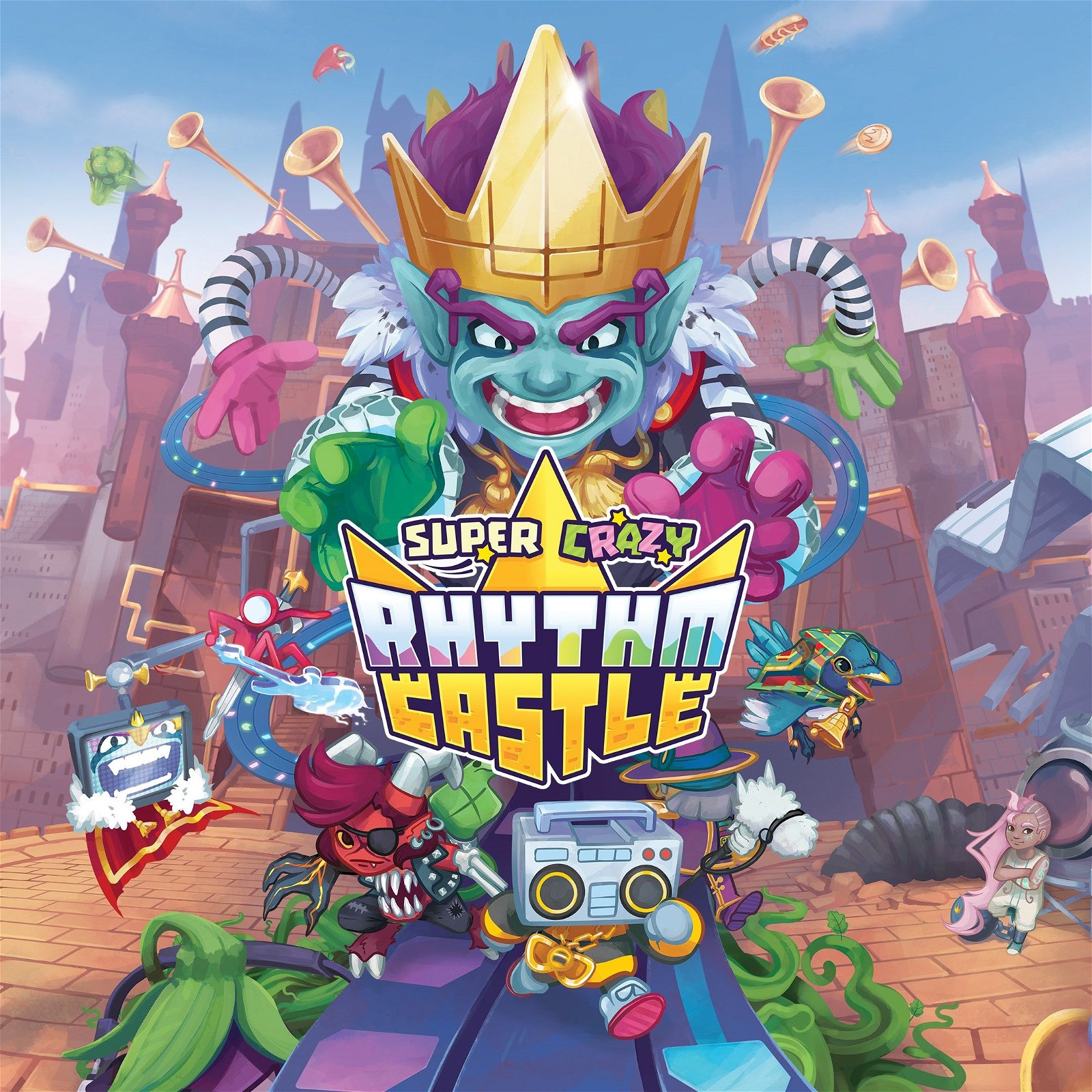
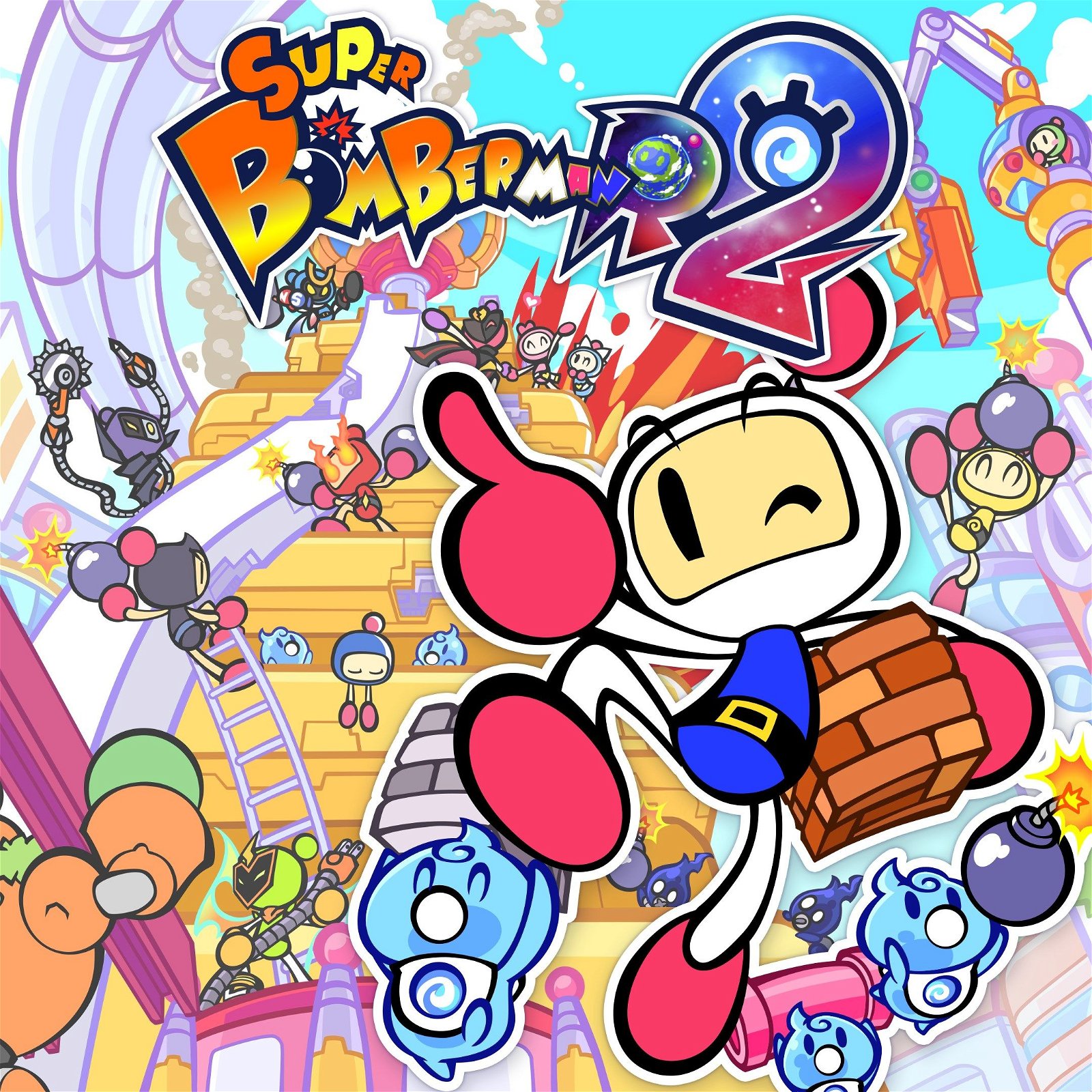

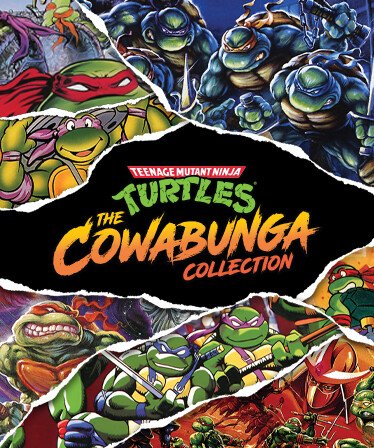
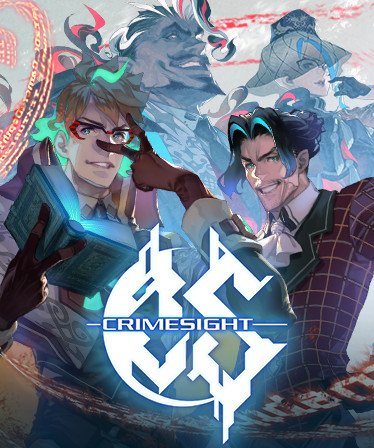
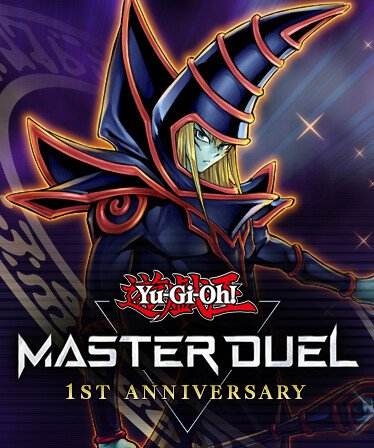


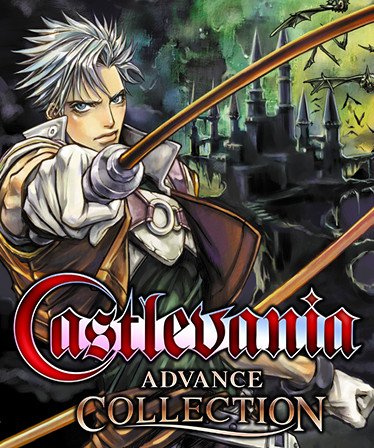

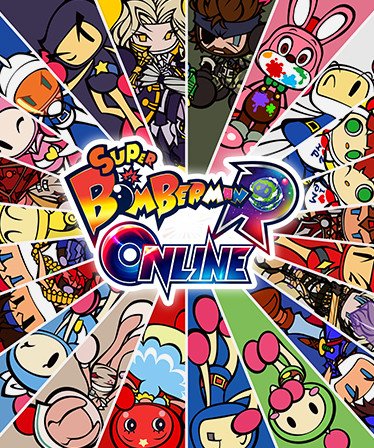
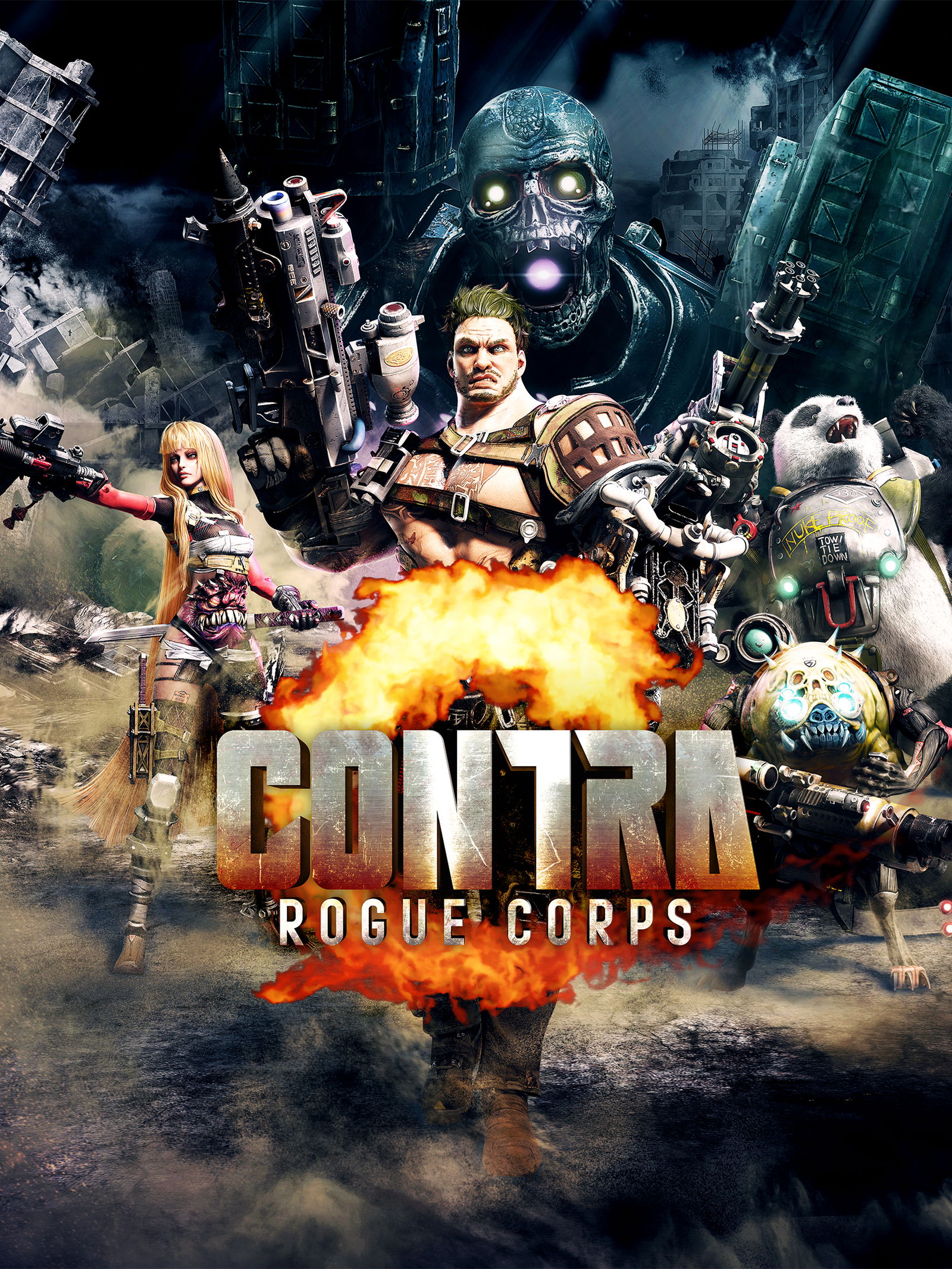
Showing 12 of 425 games
Something missing or incorrect? Suggest an edit.